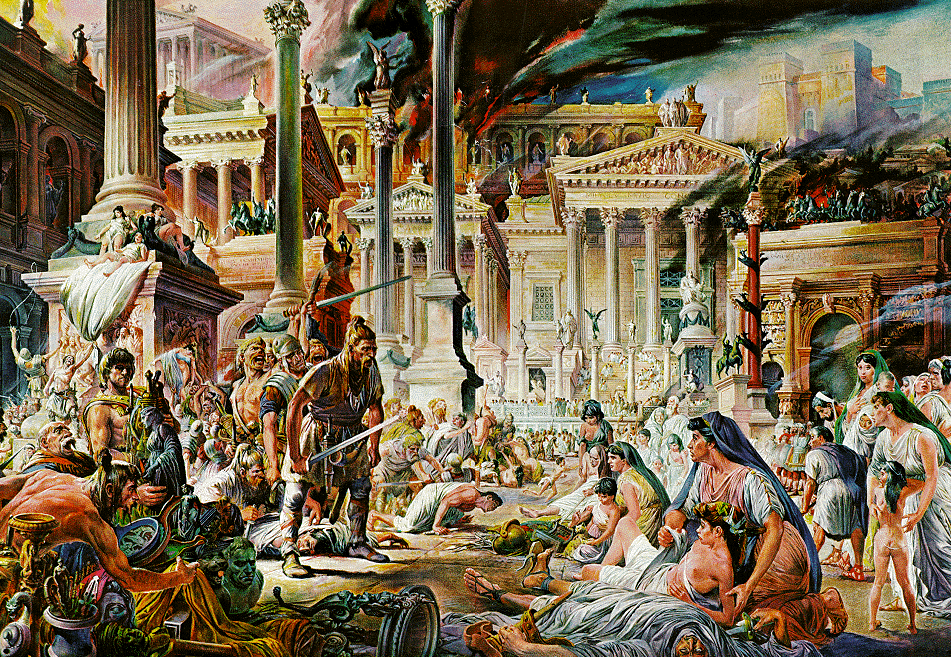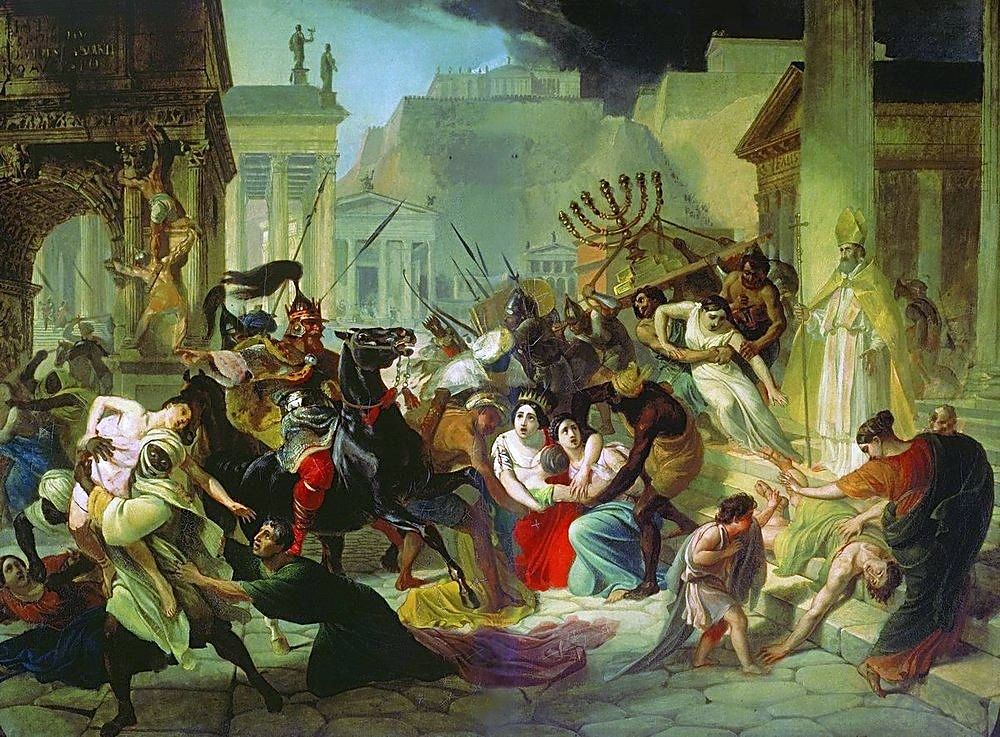Stalin vs. Trotsky (or Bukharin): how high the body pile?
I've recently listened to two interesting Econtalk podcasts, one with Paul Gregory about Nikolai Bukharin, and another with Robert Service about Trotsky. Both were Bolshevik leaders who were outmaneuvered and finally killed by Stalin.
Since Stalin killed millions of people in a continent-wide bloodbath, it has long been a matter of speculation as to whether leadership by either Trotsky or Bukharin would have changed things for the better. Sympathisers with communist ideals say things would have been way better with either of the other two, since Stalin perverted revolutionary ideals, while anti-communists say the entire system was brutal from its beginning and that violent mass terror was inevitable.
I think both are correct. Aside from the fact that Stalin's dominance was not some kind of chance (he was brilliant, hard-working, and twisted, a patient and implacable force like Nemesis made flesh), I think that personalities and individual decisions did play a role. Violence was inevitable, but how much violence could vary widely. The conjunction of personality and historic situation was stated most cogently by Arthur Koestler in Darkness at Noon. Rubashov (a character based, in part, on Bukharin), in prison, is thinking about the man who put him there:
What went on in No. 1's brain? He pictured to himself a cross-section through that brain, painted neatly with gray water-colour on a sheet of paper stretched on a drawing-board with drawing-pins. The whorls of grey matter swelled to entrails, they curled round one another like muscular snakes, became vague and misty like the spiral nebulae on astronomical charts.... What went on in the inflated grey whorls? One knew everything about the far-away nebulae, but nothing about the whorls. That was probably the reason that history was more of an oracle than a science. Perhaps later, much later, it would be taught by means of tables of statistics, supplemented by such anatomical sections. The teacher would draw on the blackboard an algebraic formula representing the conditions of life of the masses of a particular nation at a particular period: "Here, citizens, you see the objective factors which conditioned this historical process." And, pointing with his ruler to a grey foggy landscape between the second and third lobe of No. 1's brain: "Now here you see the subjective reflection of these factors. It was this which in the second quarter of the twentieth century lead to the triumph of the totalitarian principle in the East of Europe." Until this state was reached, politics would remain bloody dilettantism, mere superstition and black magic....
I'd say that there are two points at which personality played a crucial role: 1936 and 1941. In 1936, at Stalin's direct order, political violence went from endemic to universal, and the political system from oppressive to psychotic. It was a surreal spasm, like watching someone stab himself repeatedly with a kitchen knife. Huge swathes of the population were executed or sent to die in labor camps. After 1938 the level went down again, but never back to the earlier merely brutal level until Stalin's death. After that, it dropped quickly, past brutal to just oppressive.
The second was Stalin's miscalculations that led to the German invasion of 1941. Sure, Stalin kept things together after that and achieved final victory, but that was partly because he had killed any reasonable alternative to himself. A leader not blinded by his own megalomania might have seen the warning signs and fought a war that was only destructive rather than devastating.
So, I don't see that Trotsky, Bukharin, or any other Bolshevik would have presided over some kind of liberal regime. Still, absent Stalin, millions of people might have lived out their full lives, albeit under oppressive circumstances. Even in an awful situation there are many levels of awfulness, and it is worth distinguishing between them.









